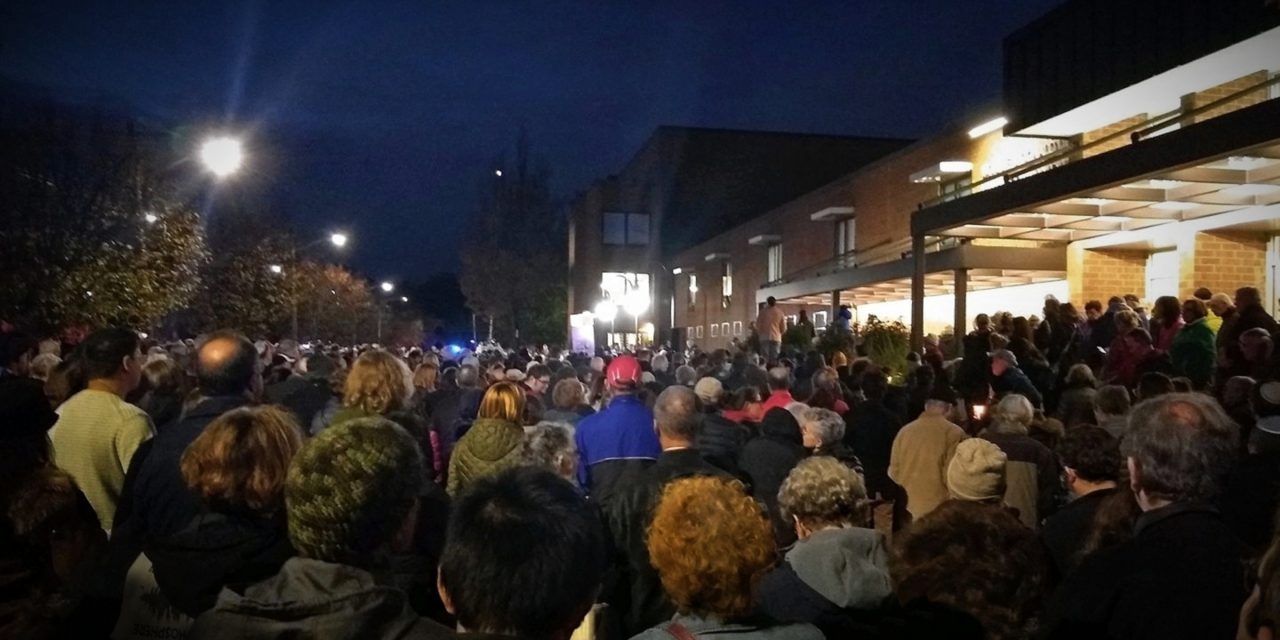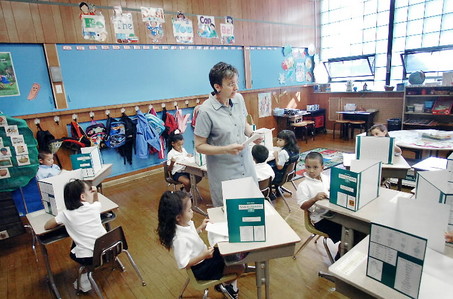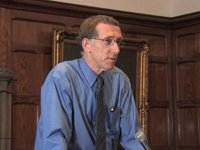As those in other communities have done, hundreds gathered last night in Providence, Rhode Island, in order to mourn those who were murdered at the Tree of Life Congregation synagogue in Pittsburgh on Saturday. Organized by the Rhode Island Board of Rabbis and the Jewish Alliance, the event included those of all faiths and none, and was described as a “Community-Wide Prayer & Action Vigil.”
For those of us who belong to the Catholic Church, or the Christian tradition more broadly, there are particularly painful elements to an event of this kind.
In many ways, Christians see something they recognize—see themselves, even—reflected in the Jewish community. Indeed, at a moment such as this, Jews may well pray the very texts that have Christians have inherited as the heart of their own liturgical tradition, the psalms. A text used by the Jewish community in mourning the dead, for example, is well known to Christians, too:
He who dwells in the shelter of the Most High
will abide in the shadow of the Almighty.
will say to the Lord, “My refuge and my fortress,
my God, in whom I trust.”
Even more, though, Christians face another, deeply painful question: what is the part played in this recent atrocity by the anti-Judaism that has plagued Christian communities since their beginning?
In my own research, I have tried to wrestle through this thorny history, facing the sometimes terrible realities, and also trying to sort out some details. (What happened when? What was official Church teaching and what part did it play?) At the same time, I have faced a central dilemma that all Catholics (and many other Christians, as well) must face: how is it that we hold to the teaching that God’s covenant with Israel is unbroken, affirmed at the Second Vatican Council, and also insist that Christ is the only way to the Father?
Now is not the time, of course, for academic debates. When the hearts of those around us are breaking, and ours are breaking a bit, too, it is time for grieving, gathering, reaching out. Perhaps, though, the event that was scheduled here in Providence can offer us a rich category that encompasses all these things: the category of “vigil.”
Vigil is, most essentially, prayer during the night hours. When others are asleep, when we ourselves might otherwise be asleep, we choose rather to watch and to wait in God’s presence. “Vigil” is also the English term that is used for the Jewish practice of remaining with the dead, who, in traditional Jewish practice, are never left alone until the moment of burial. In a broader sense, the term has come to be extended to watching and praying in any difficult moment. In my own home, when someone I know is suffering or has come to the last moments of their life, I light a candle. As long as that candle burns, I watch and pray. What they all share is darkness and waiting and prayer.
In many ways, it feels as if we are living in dark days, and increasingly violent ones. It is not always easy to know how to respond. Perhaps vigiling, another practice that Christians inherited from Jews, has important lessons to teach us.
We might otherwise be asleep, but now it is time to be watchful. Panic has no part to play. We will be collected and purposeful. We will join together. We will light candles—to light the way for others, for ourselves, or just to remind ourselves that this is the time to pray. We will sing, whether out of joy or grief or both.
In the Christian tradition, vigiling is also a practice that come to precede a feast day. (Thus it is that many Catholics now attend a “Vigil Mass” on a Saturday night.) There is then a deep hope that—although it may well grow darker still—eventually the new day will arrive, and with it, celebration. To darkness and waiting and prayer is added patient hope.
In this broader sense, we can bring not only scholarship, but any work we do to this task of vigiling. In every sphere, there is a way to vigil: to remain awake, to resist violence and hatred, and to move toward truth and love. In vigil, we do that attentively, we do it together, we do it in prayer and in patient hope.
If we understand ourselves as keeping vigil, indeed, we will bring all our best efforts to bear. We know that we have important work to do.






Trackbacks/Pingbacks